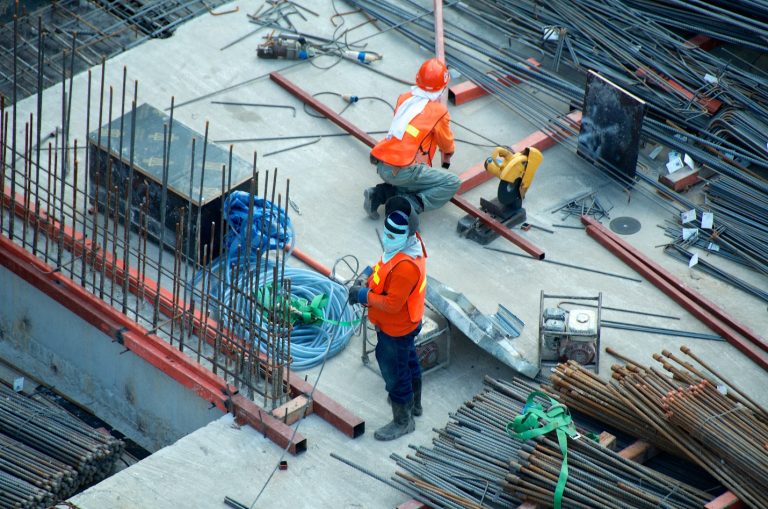Steel is one of the most common materials used to reinforce concrete. It provides the framework on which concrete is applied, giving it a solid shape. Contrary to popular belief, steel reinforcements are not only used for commercial building projects but also for residential projects. If you are looking for steel reinforcement, the key to understanding why you need this service for your project, be it commercial or residential, is researching the process and jargon, and then finding an expert.
How Do I Hire a Steel Reinforcement Expert?
A structural steel expert is a highly qualified and trained individual. A steel fixer’s job is to cut the steel into the right dimensions, working closely with supervisors, ground workers, and carpenters to achieve the final look and feel of the structure. Companies like Heaton Manufacturing are experts in steel reinforcements projects. As for research, you can start by reading some of the information below, then expand your research.
Different Types of Steel Reinforcement
Steel reinforcements are used in construction to reinforce concrete members. Steel is an inexpensive material, compared to stainless steel and aluminium bronze.
Among the different types of steel reinforcements, hot-rolled deformed bars are the most common and widely used. These steel bars are fabricated with surface deformations to strengthen bonding with concrete. The stress-strain curve reveals that the steel reinforcements reach a distinct yield point, followed by a plastic stage and strain solidifying. Steel reinforced concrete withstands much higher temperatures than non-reinforced concrete.
The strength of the steel reinforcements depends on the yield strength and fatigue strength of the steel. The higher the yield strength of the rebars, the better they perform in structural calculations. The bond strength indicates the ability of the reinforcement to hold concrete around it. It depends on the reinforcing properties of the steel bars, as well as their adhesion to the concrete matrix. Another factor is indentation. If the bond strength is low, the steel reinforcements may become loose and break the concrete.
Another type of steel reinforcement is wire mesh. This material is made by partially shearing a steel sheet and pulling it out in a diamond or square pattern. It is typically used in plastering operations and light-reinforced concrete construction. The strength of this steel mesh is measured in pounds per square foot. If the wall needs to be reinforced, rebar can be used. However, rod reinforcement is the least common and has fewer advantages.
A good way to understand this versatile material is by understanding how it is used unlike checking the flood check hoses. The purpose of this material is to reinforce concrete structures by providing additional strength and elasticity. Reinforcing mesh fabric comes in two general types. The first is lightweight and used for general concrete slabs. The second type is heavier and used for high-load structures. In the case of domestic applications, the latter type is usually recommended for heavy-duty driveways and house extensions.
What is Loose Cut and Bent Reinforcement?
The term “Loose cut and bent reinforcement” refers to the reinforcement used in building construction. In the reinforcement table, the bend fabrication is defined explicitly. The bend drawing communicates relevant geometric constraints to the bending crew. It also ensures that the fabricated product is aligned with established reinforcement and construction tolerance limits. The bend drawing is submitted with the reinforcement submittal. The designer must review and approve it before it is used in a construction project to keep the water heaters and other appliances safe.
These are just a few starting points in your research to understand the steel reinforcement industry. For more information, speak with an expert such as the company suggested above, Heaton Manufacturing, and expand your research from the information outlined here.

